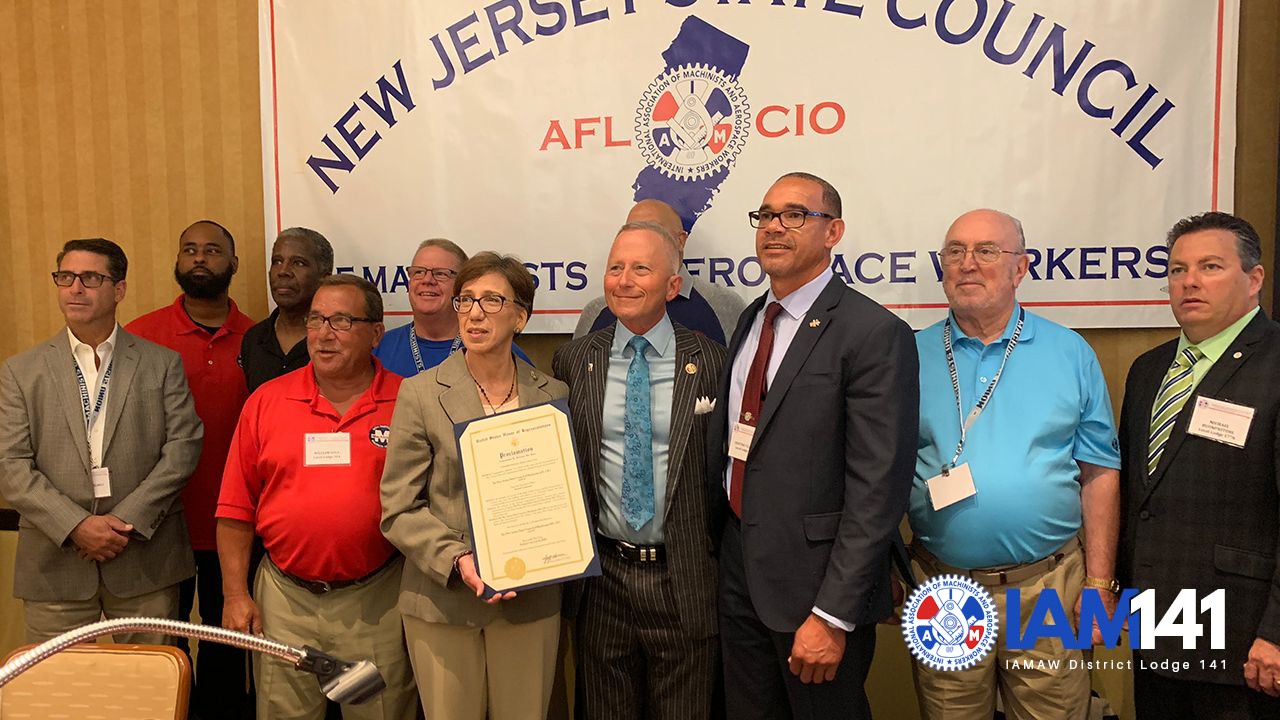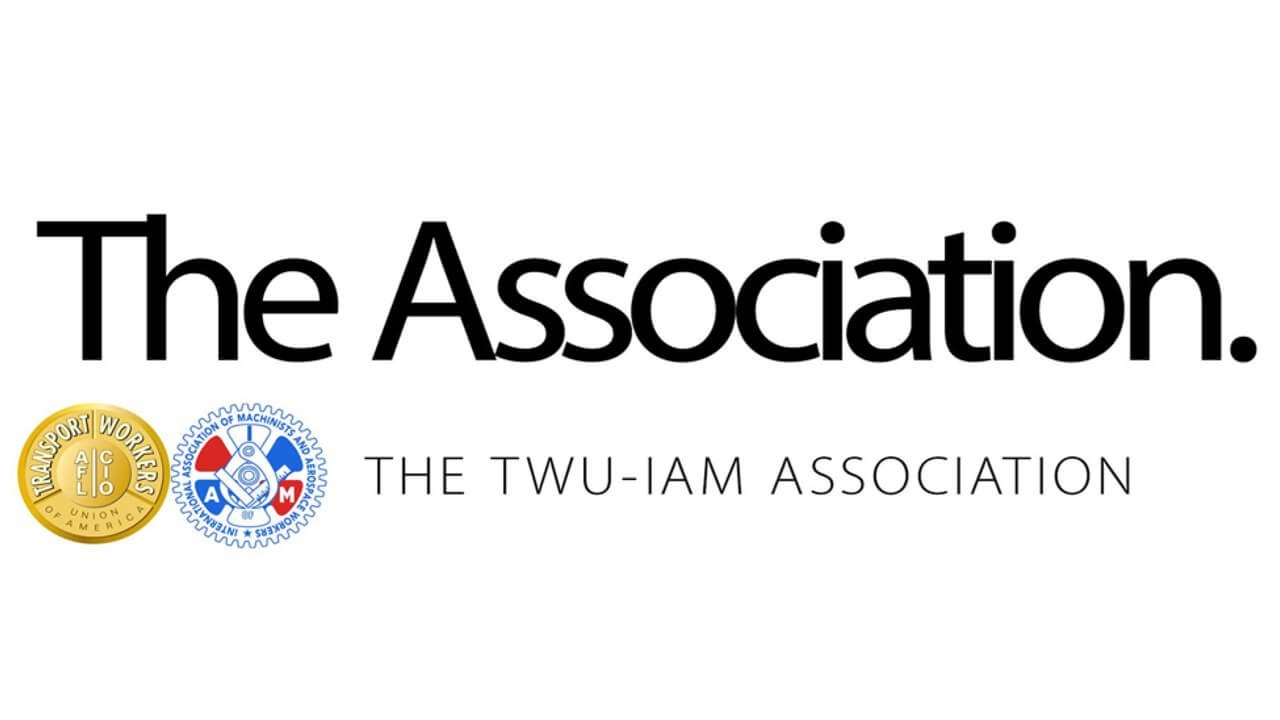
by Eric Price | Aug 14, 2019 | Airlines, Departments, Featured, Home, MNPL, Organizing
Machinists Union Members from all over New Jersey gathered in Atlantic City this week to tell their congressional representatives what they need in Garden State workplaces and communities. Similar state council conferences are taking place in states around the nation,...

by Eric Price | Aug 5, 2019 | Airlines, Departments, Featured, Hawaiian, Home
[gdlr_stunning_text background_color=”#f3f3f3″ button=”Download PDF” button_link=”https://iam141.org/wp-content/uploads/2019/08/HA-Joint-Communication-Final.pdf” button_background=”#184ab9″...

by Eric Price | Aug 2, 2019 | Airlines, American, Departments, EAP, Hawaiian, Helping Hands, Home, Philippine, Spirit, United
Because there is a lot of confusion around legalization of marijuanna and THC (the active ingredient in marijuanna that gives people a “high”) and now – CBD oils, we cover information about CBD this month. CBD oil has been touted as a treatment for...

by Eric Price | Jul 29, 2019 | Airlines, American, Departments, Featured, Home, Organizing, The Association
The City of New York is taking American Airlines to court, saying that the carrier is illegally punishing workers when they get sick. According to the lawsuit, American Airlines is illegally retaliating against workers who call in sick under the city’s safe and...

by Eric Price | Jul 26, 2019 | Airlines, American, Departments, Featured, Home, Organizing, The Association, Video
[gdlr_video url=”https://www.youtube.com/watch?v=YFYMNP0kNew&feature=youtu.be” ] TWU-IAM Association demands that Doug Parker and American Airlines get back to the negotiating table and finish joint contract bargaining for 30,000 workers at...

by Eric Price | Jul 26, 2019 | Airlines, American, Departments, Featured, Home, Organizing, The Association
[gdlr_stunning_text background_color=”#f3f3f3″ button=”Download PDF” button_link=”https://iam141.org/wp-content/uploads/2019/07/Association-Bulletin-7-26-19.pdf” button_background=”#184ab9″...







